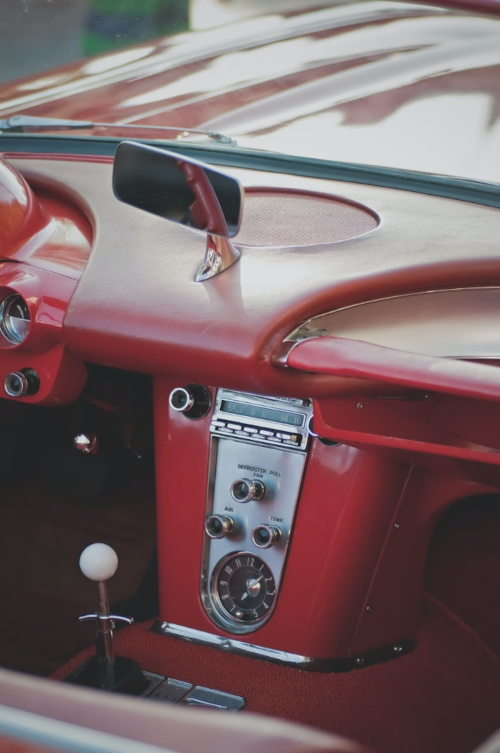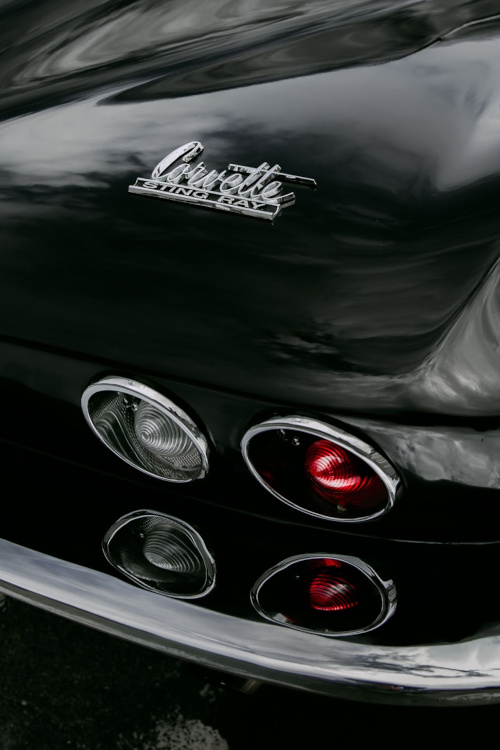
Chevrolet Corvette is one of the most iconic and beloved sports cars around. And if you own one, you know the reasons for its popularity. Powerful engine and sleek styling – owning a Corvette is an exciting experience.
However, it comes with the responsibility to maintain it and keep it running reliably for years. In this blog post, we’ll cover all the basics of Corvette maintenance that should be addressed regularly to ensure optimal performance and longevity.
We’ll discuss topics such as oil changes, tire rotation schedules, brake inspections, clutch reservoirs, and more – no matter if your Corvette is brand new or has been around since C-4 or C-5 days. So read on for everything you need to know about packing proper care for your Vette.
Top Things to Have in Mind for Chevrolet Corvettes Maintenance
To start taking care of your Chevrolet Corvette, you can personalize it by adding beautiful upgrades. From adding the C7 Corvette rear spoiler to your C7 Corvette, the custom wheels for your C4 or any other addition to give it a unique look and feel, these changes can make a big difference.
From there, we recommend that you take care of regular maintenance needs as per the manufacturer’s recommendations in the owner’s manual. These include:
Changing Your Corvette’s Engine With Fresh Oil
To protect your engine from wear, it’s best to regularly change the engine oil and filters. For example, if your Chevrolet Corvette has an engine that uses conventional oil, you should change it every 5,000 to 7,500 miles. A longer interval of 7,500 to 10,000 miles is generally recommended if it uses fully synthetic oil.
To prevent excessive engine wear, it is important to ensure that the oil lubricating the metal components of these powerful engines is in good condition, as these components turn quickly and generate a lot of heat and friction.
Keeping an Eye on the Break Fluid
Essentially, brake fluid is necessary for stopping your car as it would be extremely difficult to do so with just the pressure from your foot. This is why it’s important to ensure that your Corvette brake fluid is regularly checked and topped off if necessary. In general, you should check your brake fluid every six months or so, as well as any time you notice a difference in braking performance.
The brake fluid works by increasing the force from the brake pedal. It does this by sending pressure to the calipers, which then apply pressure to the brakes against the rotor. However, the effectiveness of the brake fluid diminishes over time because it absorbs moisture, so it’s crucial to replace it on a timely basis.
Check on the Clutch Reservoir
Let’s discuss the topic of clutch fluid for a moment. Luckily, your Corvette most likely has a separate brake and clutch fluid reservoir, which is excellent news. This is because Corvettes are known for frequently contaminating their clutch fluid with debris and other contaminants.
Namely, the clutch dust can enter the fluid due to hard launches and rough use, making gear changes difficult. To address this issue, check the fluid in the reservoir and replace it with fresh brake fluid if it appears to be in poor condition. You can use a baster or fluid extractor to remove the old fluid. Luckily, this process is simple.

Tire Rotation
Wearing shoes that don’t fit properly can be harmful to your feet, knees, joints, and back. In the same way, using tires that don’t fit properly can affect the ride quality and longevity of your Corvette. You can ensure that your Corvette’s tires are correctly inflated by using a tire gauge and inflating them to the air pressure recommended by the manufacturer for your particular model.
Sports car tires are designed to perform best at specific air pressures. While it may seem like a minor detail, the health of your tires has a significant impact on your driving experience. Tires can greatly affect braking, cornering, acceleration, ride comfort, and overall stability. So even though tire health might not be your top priority, it should not be overlooked.
Keeping Your Spare Parts Close
Keeping spare parts such as spark plugs and oil filters handy for emergency repairs can help ensure the longevity of your Corvette and make it easy to cover 100,000 miles with basic maintenance.
Make Sure Your Corvette is Clean in and Out!
In conclusion, regular maintenance, inspections, and repairs are essential to keep your Corvette running at its best. Additionally, keeping it clean inside and out will help prevent dirt and grime from getting into your car’s engine and other areas. Regularly washing your Corvette with a gentle car wash soap can help remove any built-up debris that might be damaging the paint or causing corrosion.
Finally, waxing your Corvette a few times yearly will keep it looking shiny while protecting it from harmful UV.


